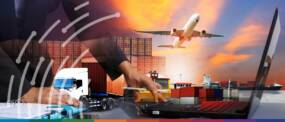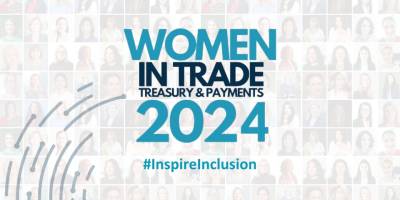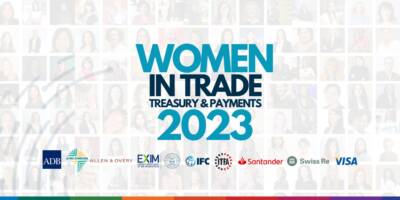
Customs brokers
Customs clearance procedures require specialized knowledge in fields such as tariff classification, duty rates, and taxes – things that a lot of smaller companies may not have the expertise and resources for.
This is where a customs broker can come in handy.
For many first-time exports, clearing customs is the most complex and nerve-wracking part of the whole experience.
Did you fill those forms out right? What duties will you have to pay? Will they block your shipment?
These are just some of the thoughts that can keep you up at night if you aren’t sure exactly what you need to do to get your goods correctly across the border and into your customer’s waiting arms.
What is a customs broker?
A customs broker is an individual or organisation that provides specialised international trade services to importers and exporters to help them get their shipments through customs as efficiently and cheaply as possible.
In some countries, like Canada and the USA, customs brokers must be licenced and regulated by the customs and border services (the Canadian Border Services Agency in Canada or the US Customs and Border Protection in the USA).
Regardless of licencing requirements, brokers help remove barriers in global trade for their clients by facilitating the import and export of goods across international borders.
Not only are the import and export regulations different for every country, but they change frequently, making it difficult to stay up to date with the latest rules and requirements – particularly for small businesses.
Customs brokers help to mitigate these challenges by performing a variety of activities.
What does a customs broker do?
Customs brokers submit necessary information and appropriate payments to a country’s customs and border services on behalf of their clients and charge them a fee for this service.
Brokers can also assist international traders by providing a handful of auxiliary services.
Some of the services that customs brokers provide include:
- Customs clearance of imported and exported goods
- Automated customs clearance through government-initiated programs
- Import and export purchase order management
- Payment of duties and taxes
- International trade consulting
- Warehousing
- Freight management and consolidation
- Tariff classification
- Appeals and dispute settlements
- Anti-dumping and countervailing issues
Not every customs broker will provide all of these services and some of them may even provide services that are not included in this list.
It is important to have a conversation with a perspective customs broker before you begin working with them to ensure that they are able to provide the services that you need at a price that you can afford.
How much does a customs broker charge?
Generally, customs brokers set their service fees based on the complexity and specifics of each shipment.
These fees are usually determined as a percentage of the value of the imported shipment but can be set as a flat rate in some instances.
The importer and the customs broker will negotiate the exact rate used for a shipment or contract based on the complexity of customs entries, frequency of customs entries, and noted value of imported goods.
Do you need a customs broker?
There are some countries where hiring a customs broker or customs agent is mandatory in order to pass goods through customs.
In these cases, yes you will need a customs broker if you want to trade with that country.
Even when it is not mandated, however, it may still be cost-effective for a firm to use one.
Customs brokers can ensure that shipments pass through customs as quickly as possible while minimizing the risk of theft, loss, and damage.
For organisations that maintain an agile supply chain, delays at customs can lead to production issues, backorders, and ultimately lost revenue.
Longer delays at customs can also lead to additional fees in the form of demurrage that could have been avoided with the help of a suitable customs broker.
How to find a customs broker?
There are lots of different ways to find a customs broker and firms operating internationally should do their research to find one that offers a suitable suite of services.
In countries where using a customs broker is required, the border security agencies will likely be able to recommend a qualified broker.
Some countries that do not explicitly require the use of a broker may still only work with customs brokers or registered businesses that they have certified and licenced themselves.
In these instances, if you have determined that you would like to use a customs broker, you will want to ensure that you select one that meets these criteria.
When setting out to find a customs broker, importing or exporting firms can often find one through their:
- Export credit agency
- Department of foreign affairs
- Chamber of commerce
- Bank
- The embassy of the country they are exporting to
For organisations seeking to conduct international business on a regular basis, investing the time to find and build a relationship with a customs broker can help in the long term.
 Australia
Australia Hong Kong
Hong Kong Japan
Japan Singapore
Singapore United Arab Emirates
United Arab Emirates United States
United States France
France Germany
Germany Ireland
Ireland Netherlands
Netherlands United Kingdom
United Kingdom











